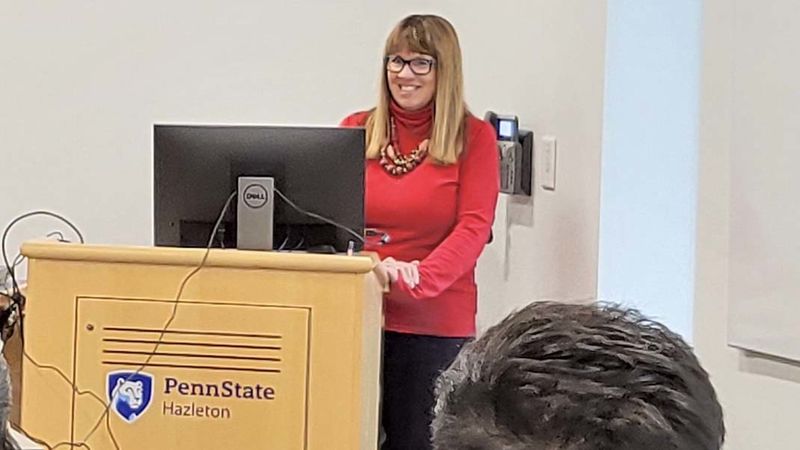Penn State Hazleton criminal justice professor co-authors book on conspiracy theories, extreme beliefs
Criminal Justice Professor Pam Black recently co-authored a book that examines Americans' reasoning for embracing conspiracy theories and holding extreme beliefs.


